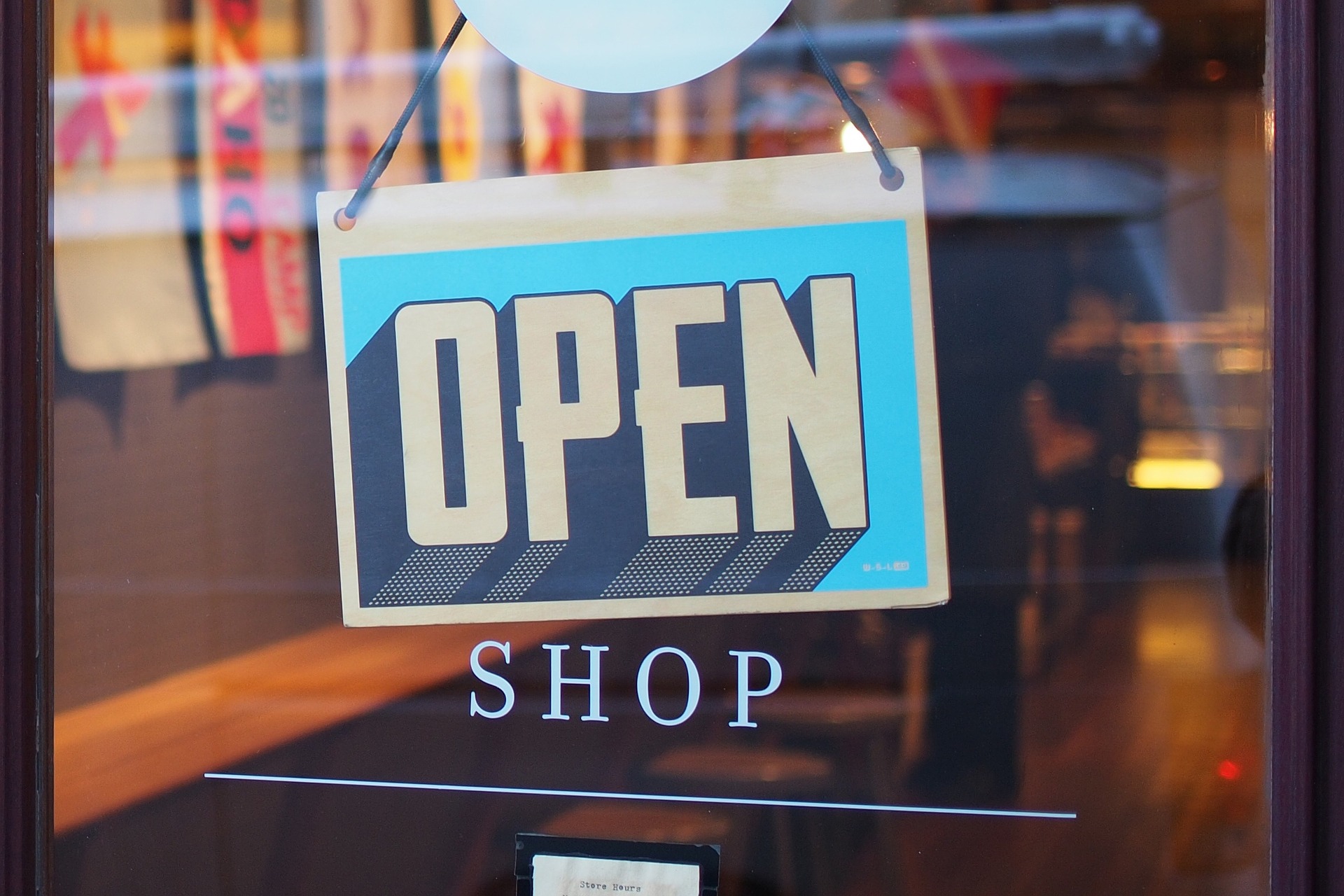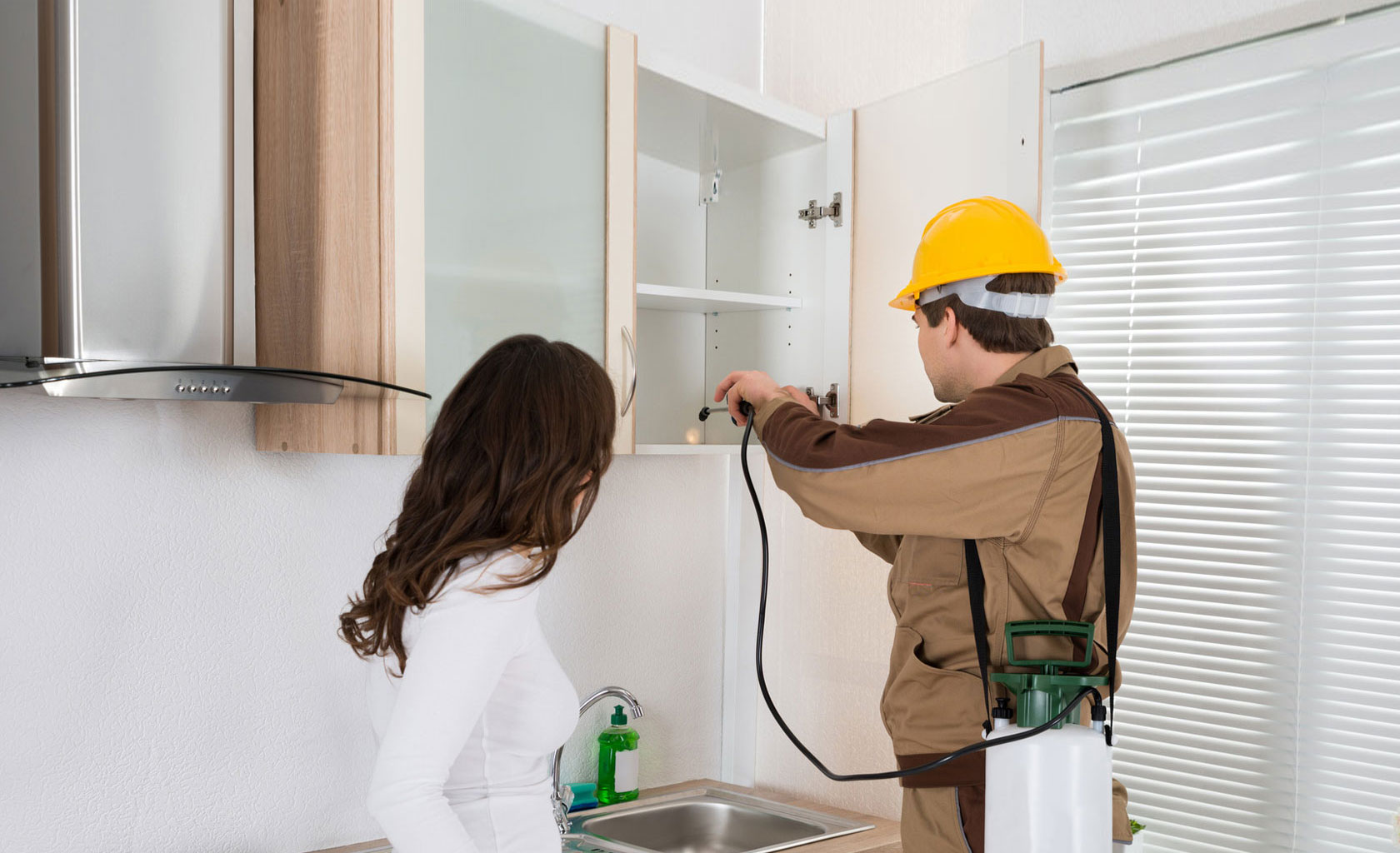The flat rate vat scheme is very popular with small business owners in the UK. Rather than calculating the VAT you have paid each quarter, you charge VAT at the usual rate and then pay a “flat rate” percentage of this to the government. This has been a nice easy way of calculating how much you need to pay for your VAT contributions – until now.
The scheme was put in place over 15 years ago to make it easy for small businesses to calculate their VAT. As of 1st April 2017 the Flat Rate VAT scheme will be no more. Over the past year the government have seen an increase in businesses using the scheme as a loop hole to pay less national insurance contributions and to counter these have decided to scrap the scheme all together.
Company Purchases
The new legislation will require all businesses to complete an analysis of their spending at each reporting period. This will then determine how much VAT they will have to pay. If the spending on “Relevant Goods” is less than 2% of their gross turnover, then they would deemed as being a “Low Cost Trader”. The low cost traders are then required to pay 16.5% of the VAT they have collected.
16.5% would give the business recovery of just £2 for every £1000 invoiced. An average company with £100,000 of sales per year which was previously on the flat rate scheme of 14%, would be losing £3,000 a year on the new scheme, a fact sure to infuriate small business owners all over the country.
What are Relevant Goods?
As mentioned above, the new scheme will see businesses need to determine if they spent less than 2% of their gross income on “Relevant Goods”, so what does the government class as relevant goods?
The government class relevant goods as the supply of goods (including by acquisition or import) if the exclusive ownership of moveable items is passed to you from another person. This is for goods that are used exclusively for the purposes of your business, excluding:
Any vehicle costs including fuel, unless you’re operating in the transport sector using your own, or a leased vehicle
Any food or drink for you or your staff
Any goods intended for resale, leasing, letting or hiring out if your main business activity doesn’t ordinarily consist of selling, leasing, letting or hiring out such goods
Any goods that you intend to re-sell or hire out, unless selling or hiring is your main business activity
Any payment for any services
Understand your new scheme
It is important you make the right moves for your business to ensure you are on the correct scheme and are paying the correct amounts for your business. No business owner wants to pay more than need too for taxes and with this huge change, it is very important to understand the options and choose the correct scheme for your business. Using a London Accountant is a good idea to ensure you have all of the best advice and facts to get the best possible scheme for your type of business.






